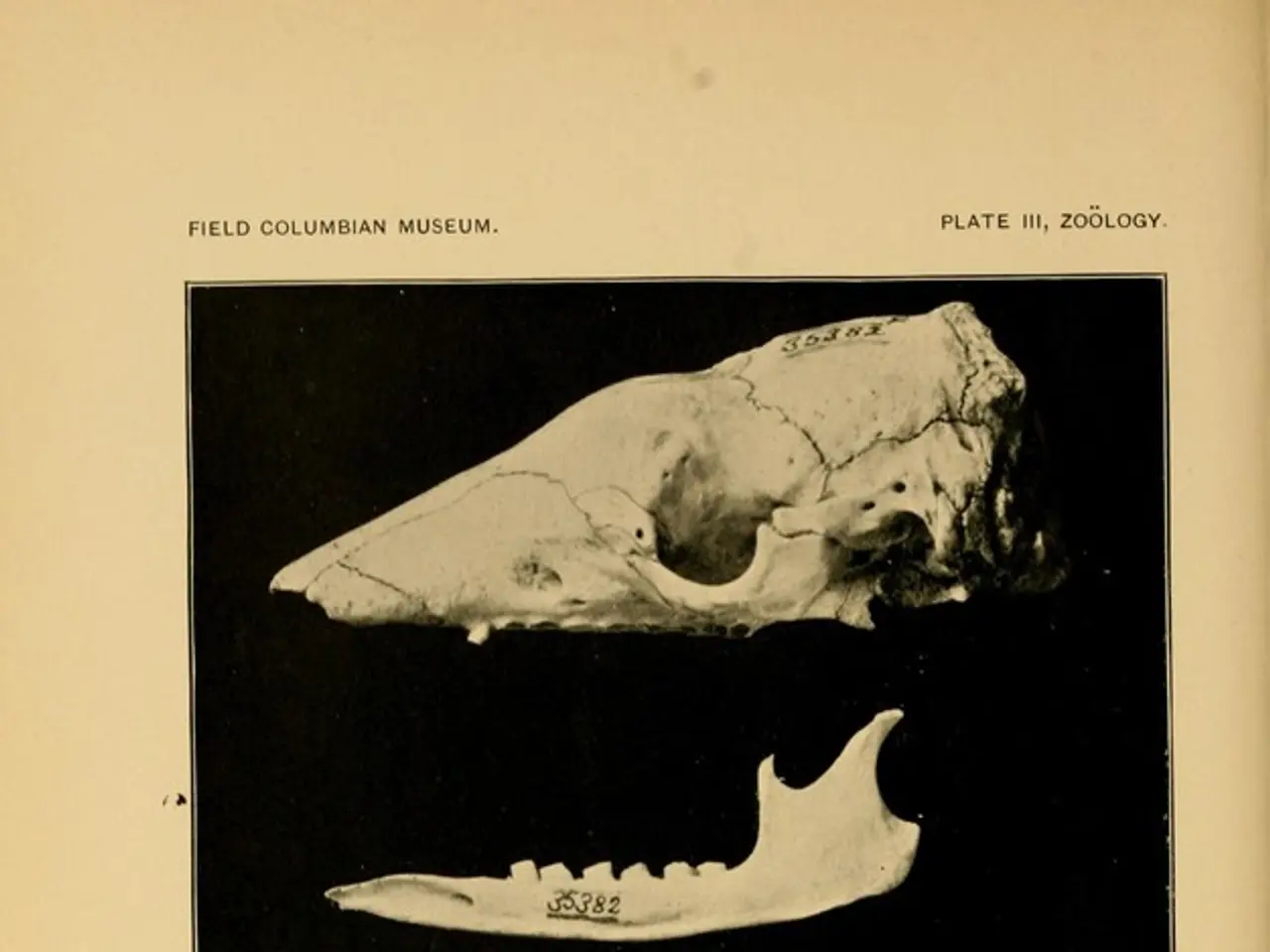Enhance Your Wellbeing Post-Menopause - Nutrition and Fitness Strategies
Menopause, a natural phase in a woman's life, marks the end of her reproductive years. To ensure overall health during and after this transition, a well-rounded exercise regimen combined with balanced nutrition is essential. Here's a guide based on recent expert sources to help women navigate this period.
**Recommended Exercises for Menopause**
1. **Aerobic Exercise** - Aim for at least 150 minutes of moderate-intensity aerobic activity per week, such as brisk walking, cycling, or swimming. This supports cardiovascular health, improves endurance, regulates body temperature, and can reduce hot flashes and night sweats. - More intense activities like jogging and aerobics can also be beneficial for those able to perform them.
2. **Resistance (Strength) Training** - Strength training 2–3 times per week is crucial to maintain muscle mass, support metabolism, and enhance bone density, which naturally decline with estrogen loss during menopause. - Use free weights, machines, bodyweight exercises, or resistance bands to target major muscle groups.
3. **Flexibility and Balance Exercises** - Engage in flexibility and balance activities 2–3 times weekly to maintain joint health, flexibility, coordination, and reduce fall risk. - Recommended activities include yoga, Pilates, tai chi, and qigong. Yoga may also help improve physical and urogenital symptoms related to menopause.
**Nutritional Guidelines for Menopausal Health**
- Adequate calcium and vitamin D intake to support bone health. - Balanced consumption of lean proteins, healthy fats, and complex carbohydrates to maintain muscle mass and stable energy. - Maintaining a healthy weight through controlled calorie intake combined with exercise to reduce chronic disease risk. - Limiting processed foods, excess sugars, and saturated fats that contribute to inflammation and cardiovascular risk.
Lifestyle changes encompassing a balanced diet, physical activity, stress management, and adequate sleep are integral to successful health maintenance after menopause.
By combining regular aerobic activity, strength training, and flexibility exercises with sound nutrition and lifestyle habits, women can effectively maintain their overall health during and after menopause. Before starting an exercise program, it's important to consult your doctor, especially if you have a sedentary lifestyle.
[1] Mayo Clinic. (2021). Menopause: Lifestyle changes to manage symptoms and improve health. [online] Available at: https://www.mayoclinic.org/healthy-lifestyle/womens-health/in-depth/menopause/art-20046356
[2] NHS. (2021). Menopause: How to cope with symptoms. [online] Available at: https://www.nhs.uk/conditions/menopause/coping-with-menopause-symptoms/
[3] Johns Hopkins Medicine. (2021). Menopause: Exercise and physical activity. [online] Available at: https://www.hopkinsmedicine.org/health/conditions-and-diseases/menopause/exercise-and-physical-activity
[4] American Heart Association. (2021). Menopause and Heart Health. [online] Available at: https://www.heart.org/en/health-topics/womens-health/menopause-and-heart-health
- To manage menopause symptoms and improve overall health, it's essential to incorporate regular aerobic exercise, such as brisk walking, cycling, or swimming, and strength training into one's routine, as recommended by recent expert sources.
- Adequate calcium and vitamin D, essential for bone health, should be included in a balanced diet during menopause, along with lean proteins, healthy fats, and complex carbohydrates for stable energy and muscle mass maintenance.
- Women navigating menopause should also consider employing a holistic approach that includes flexibility and balance exercises, like yoga or tai chi, to help maintain joint health and reduce the risk of falls, in addition to sound nutrition and lifestyle habits for successful health maintenance.




